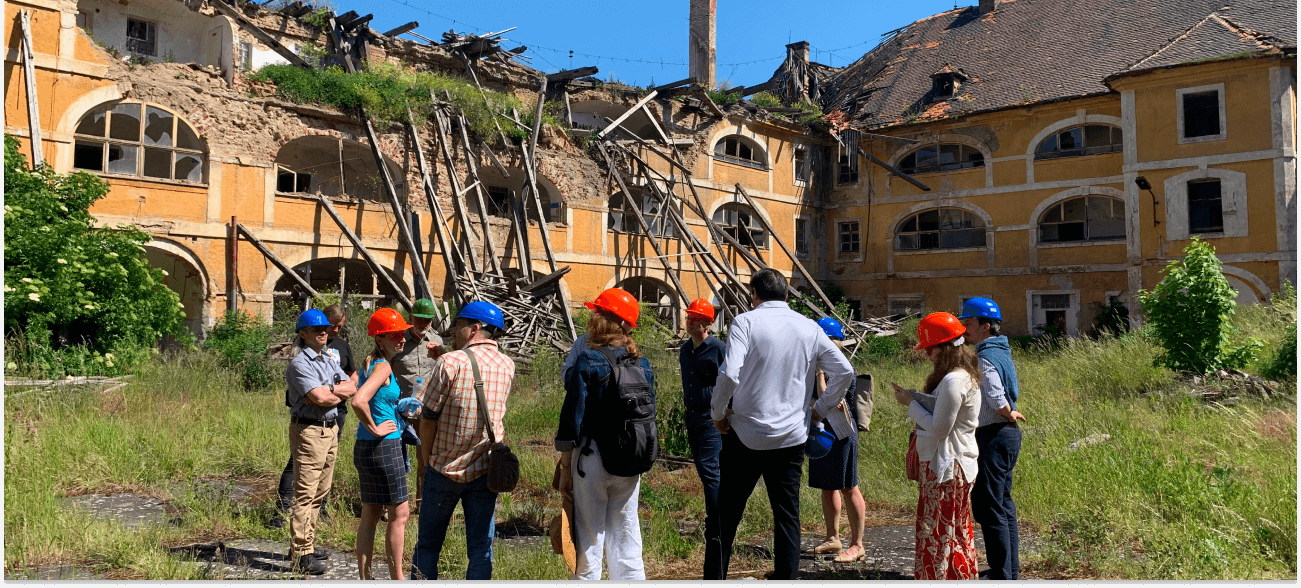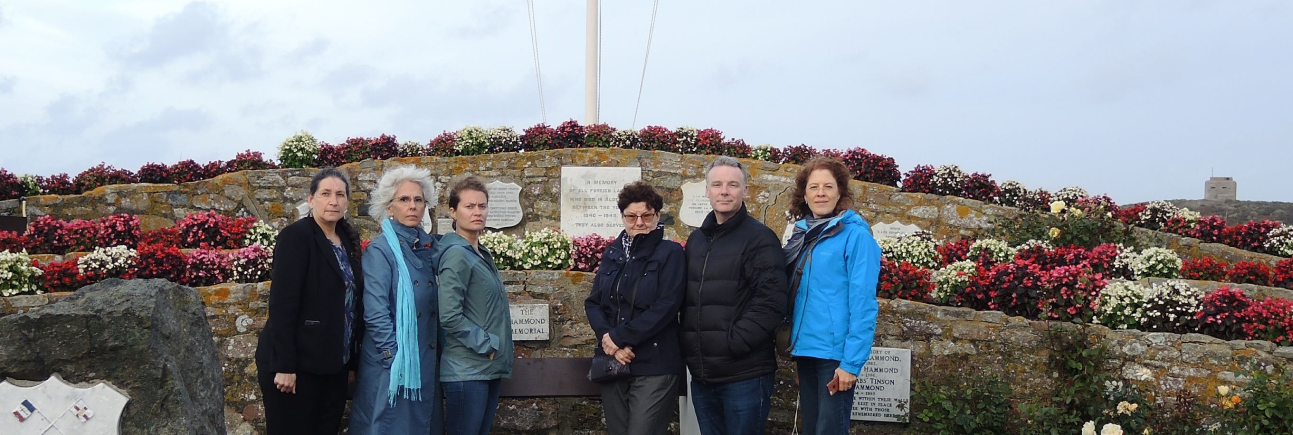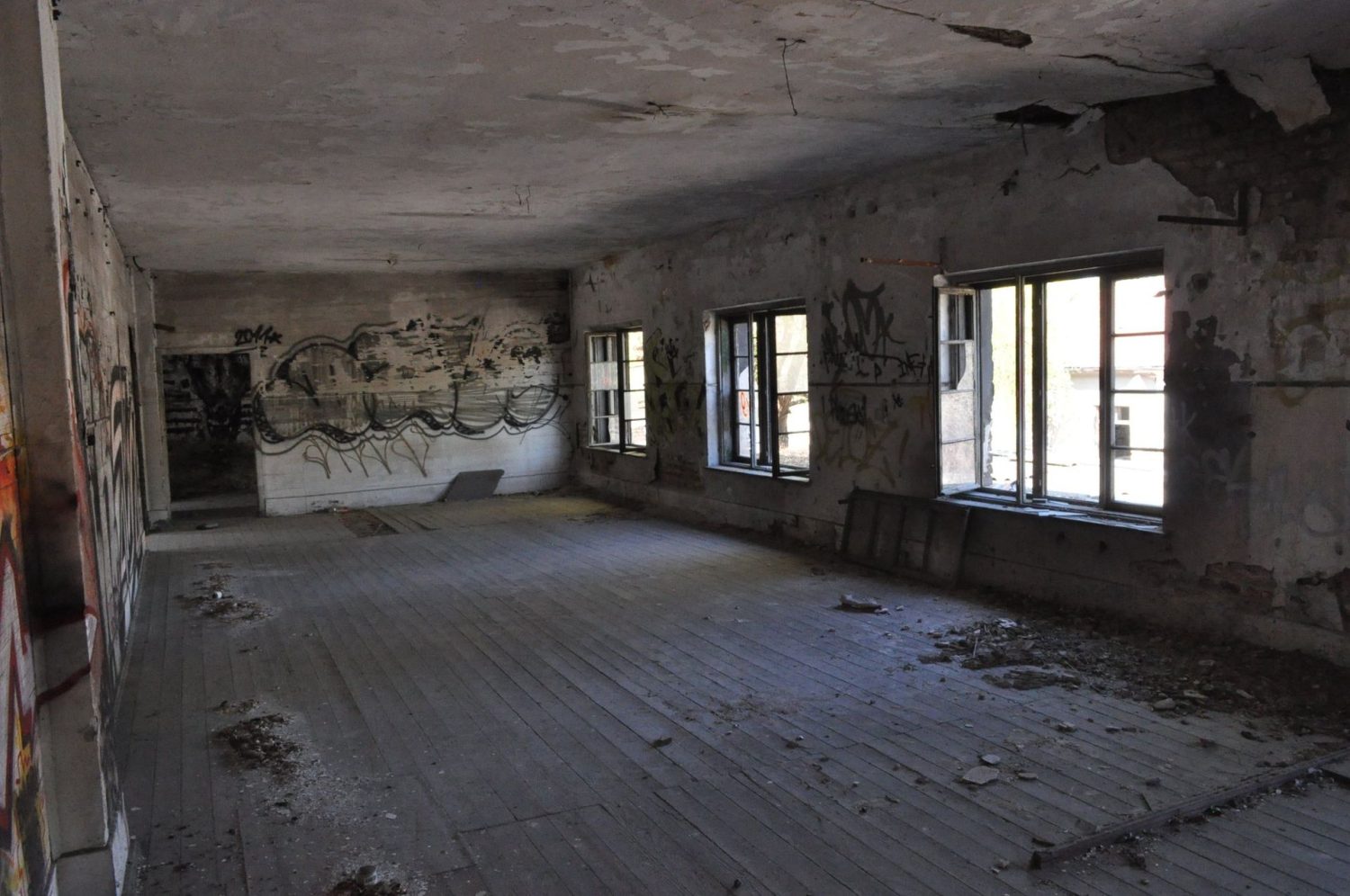


Project for the preservation of Topovske Šupe is launched in Belgrade
The site Topovske Šupe was one of the first concentration camps for Jews and Roma in Europe, located close to the very centre of Belgrade. Today it is abandoned, unknown to the general public, with its demolition imminent due to the announced construction of a shopping mall. A new project, co-funded by the IHRA, will now be conducting research in order to permanently preserve the memory of the concentration camp and its victims.
According to the available estimates from August to November 1941, about 5000 male Jews and 1500 male Roma passed through it only to be killed in the killing sites around Belgrade.
“Through this initiative, we want to gather as much material as possible about the history of this place. We invite all citizens to contact the Center for Public History if they know anything, because very little is known about this camp,” said Milovan Pisarri, historian and director of the Center for Public History. The project team intends to carry out a historical research of the Topovske Šupe, map the location and document its present state. This will include collecting archival and other documentation in Serbia and Germany, taking testimonies, developing an inmate database, and publishing the research results on the website.
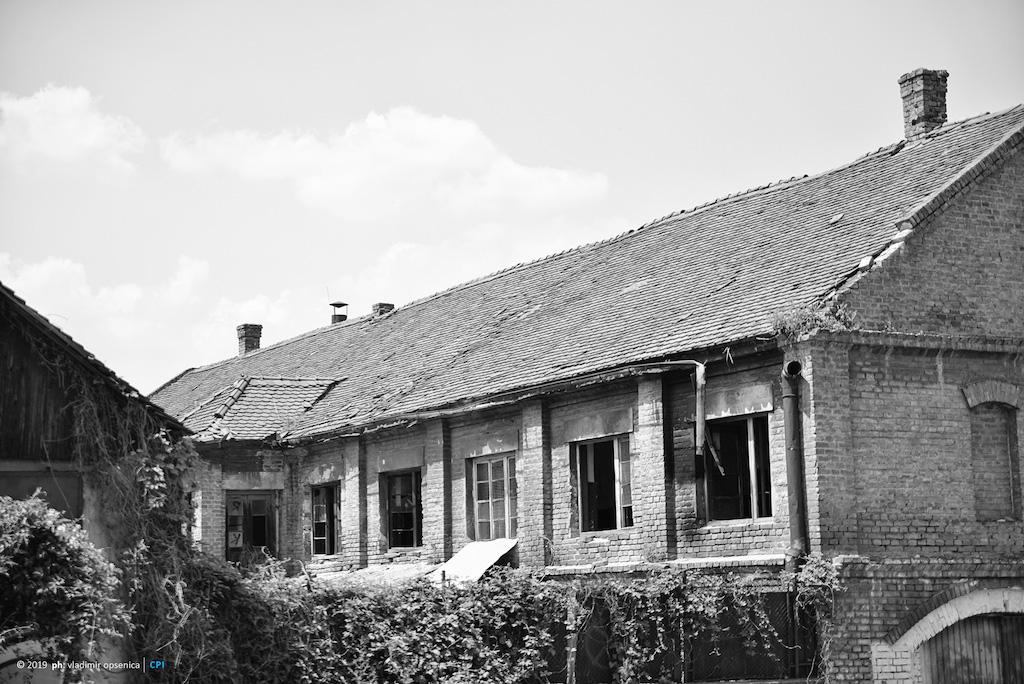
Photo courtesy of Vladimir Opsenica
In order to raise awareness among the general population in Serbia and the international community, the project team plans to launch a public campaign to advocate for the preservation of the concentration camp’s original buildings as the first step in transforming them into a permanent memorial of the Topovske Šupe.
The project Mapping the Holocaust — Preservation of the Topovske Šupe camp is led by the Center for Public History from Belgrade, Serbia, in partnership with Culture and More from Berlin, Germany. The project initiative was officially launched at a press conference on 28 October, attended by Milovan Pisarri, Director of the Center for Public History, Brana Popovi, as representative of the Jewish Community of Belgrade, and Zlatomir Jovanovic, a representative of the National Council of the Roma Minority.
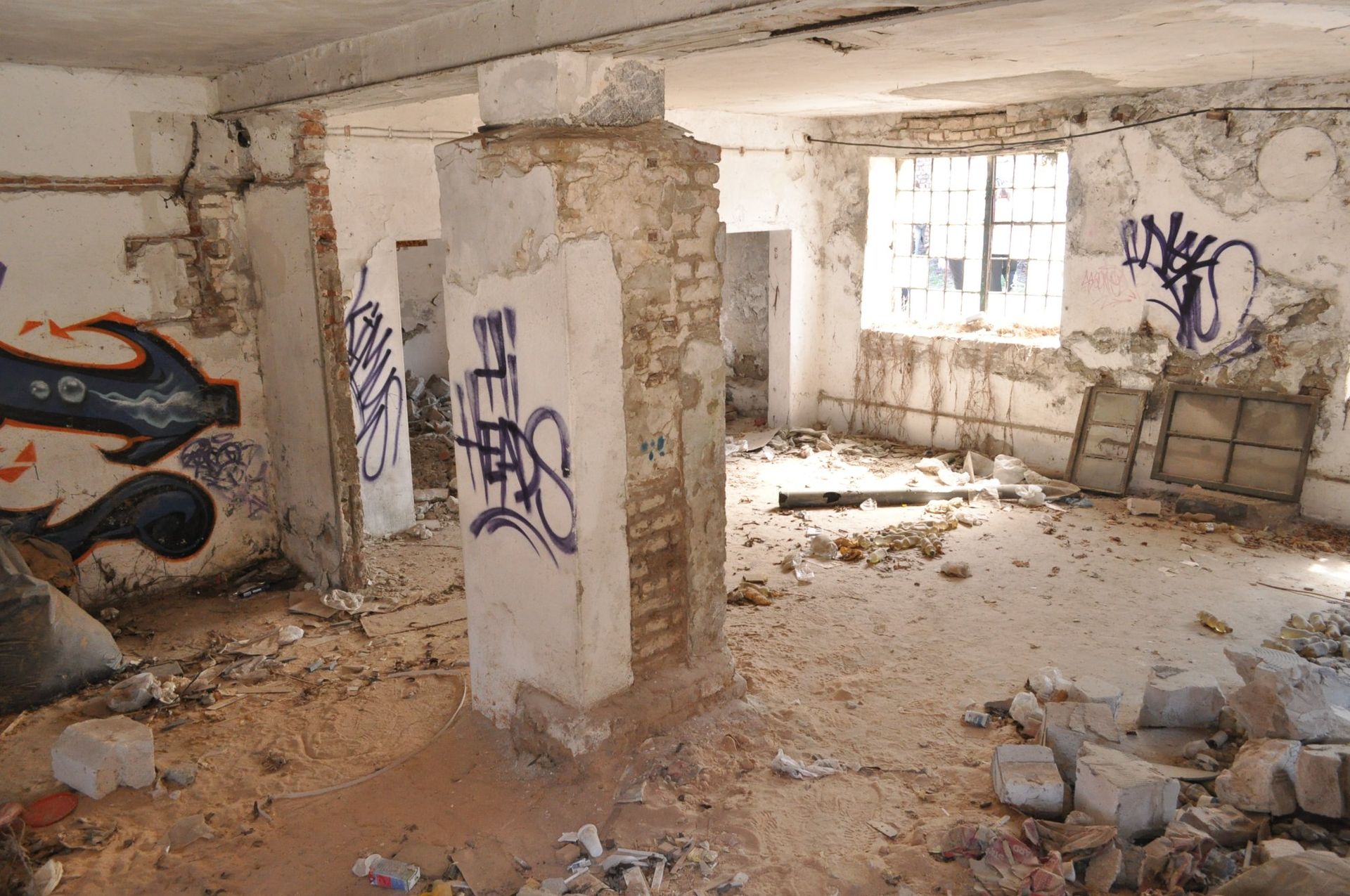
Recent photo capturing the current state of the buildings. Photo courtesy of the Center for Public History.
Sign up to our newsletter to
receive the latest updates
By signing up to the IHRA newsletter, you agree to our Privacy Policy


